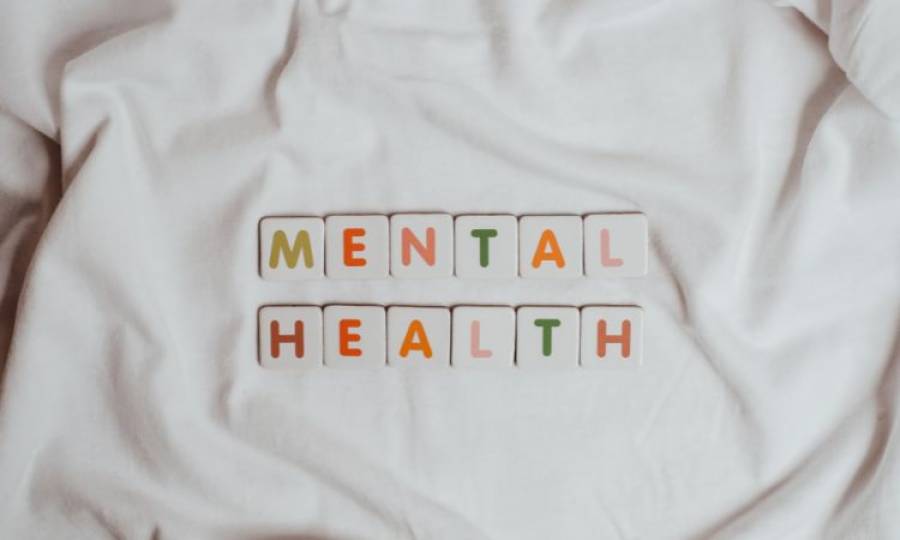Arif Alvi for integrated, effective awareness campaign on psychological health

ISLAMABAD: Arif Alvi, President of the Islamic Republic of Pakistan, has called for a well-integrated and effective mental health awareness campaign and stigma reduction towards mental diseases.
He said that online mental health portals, virtual programs, Artificial Intelligence, Mental Health Chatbots, helplines, mobilizing appropriate government and other stakeholders, and establishing public-private partnerships should be utilized to bolster current infrastructure and raise awareness.
Arif Alvi expressed these thoughts during a meeting on mental health. The meeting was attended by Dr. Irfan Mustafa, the Chief Executive Officer of Taskeen Health Initiative, a non-profit organization working in Pakistan to promote well-being and prevent mental illness.
During the conference, the President stated that more than 200 defined forms of mental illness, such as behavioural or emotional problems, depression, bipolar disorder, dementia, and schizophrenia, might be cured cost-effectively or at no cost if diagnosed and treated early.
He stated this would relieve the pressure on the system of curative care, which was expensive, inaccessible to the majority of the population, and lacked educated and qualified personnel.
Arif Alvi expressed concern that mental problems accounted for more than 4% of the total disease burden, with women bearing a disproportionate share.
He stated that an estimated 24 million individuals in Pakistan required psychiatric help, but Pakistan had just 0.19 psychiatrists per 100,000 people. He stated this was one of the lowest figures in the Eastern Mediterranean region and the entire world; it was worrying, and swift action was required to rectify the problem.
Arif Alvi stressed the importance of including mental healthcare as a key service within the primary healthcare system through teaching and training the necessary human resources in the primary healthcare sector.
He stated that existing initiatives should be expanded through public-private partnerships, bringing about required legislative amendments and fostering collaborative networking between public and private sector parties.
Moreover, he stated that coordinated efforts among all parties were required to expand the accessibility of mental health services, including providing counselling and early diagnostic tools to the public, particularly the underserved population in underprivileged areas.
Advertisement
Trending
Popular
Gas Pain vs. Heart Attack: How to tell the difference and when to ...
-
Coconut oil supplement shows promise ...
08:00 PM, 20 Feb, 2025 -
Normal vitamin B12 levels may still ...
05:00 PM, 19 Feb, 2025 -
Revolutionizing Genomic research: The ...
02:00 PM, 19 Feb, 2025 -
Plastic burning for cooking and heating ...
06:15 PM, 18 Feb, 2025



